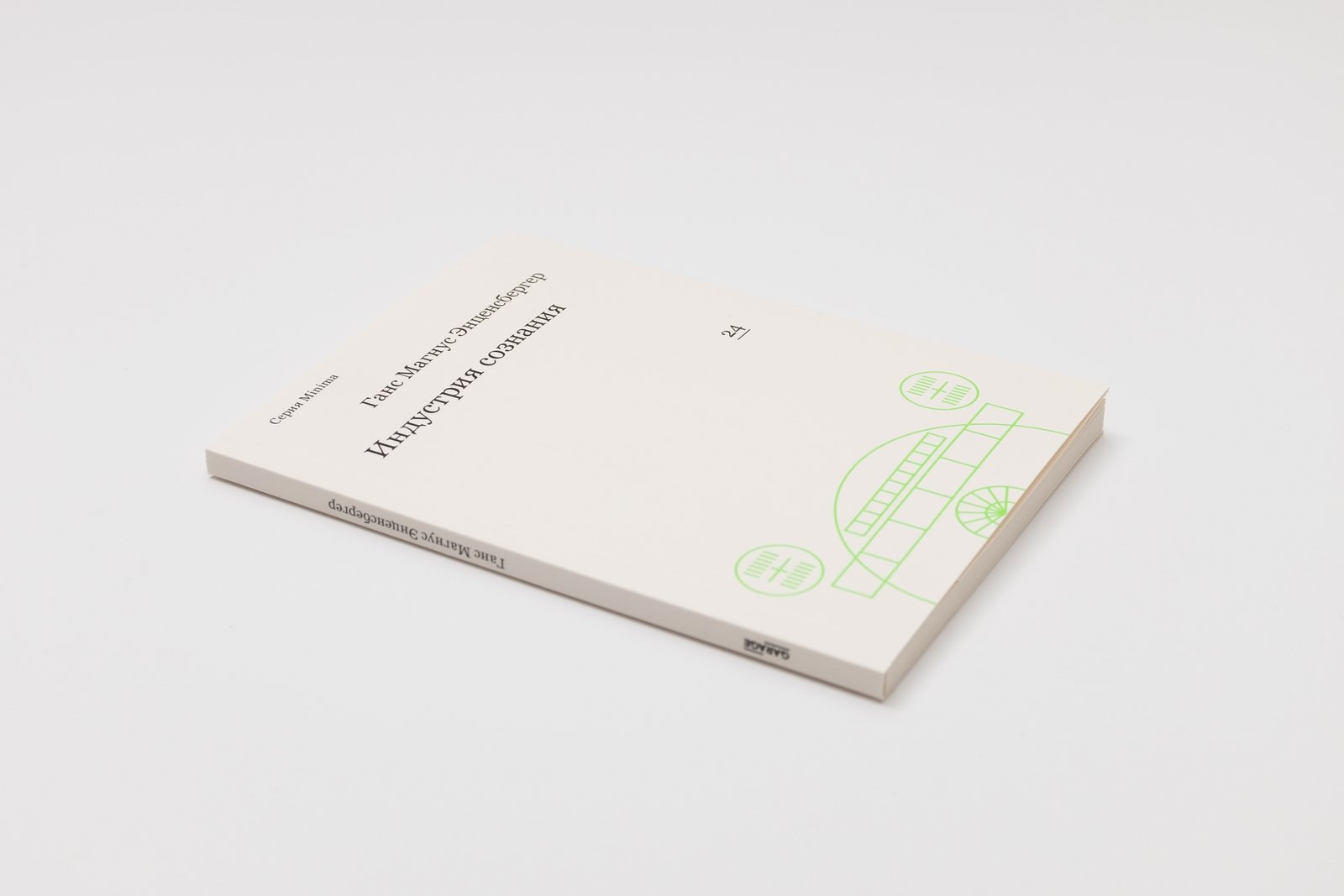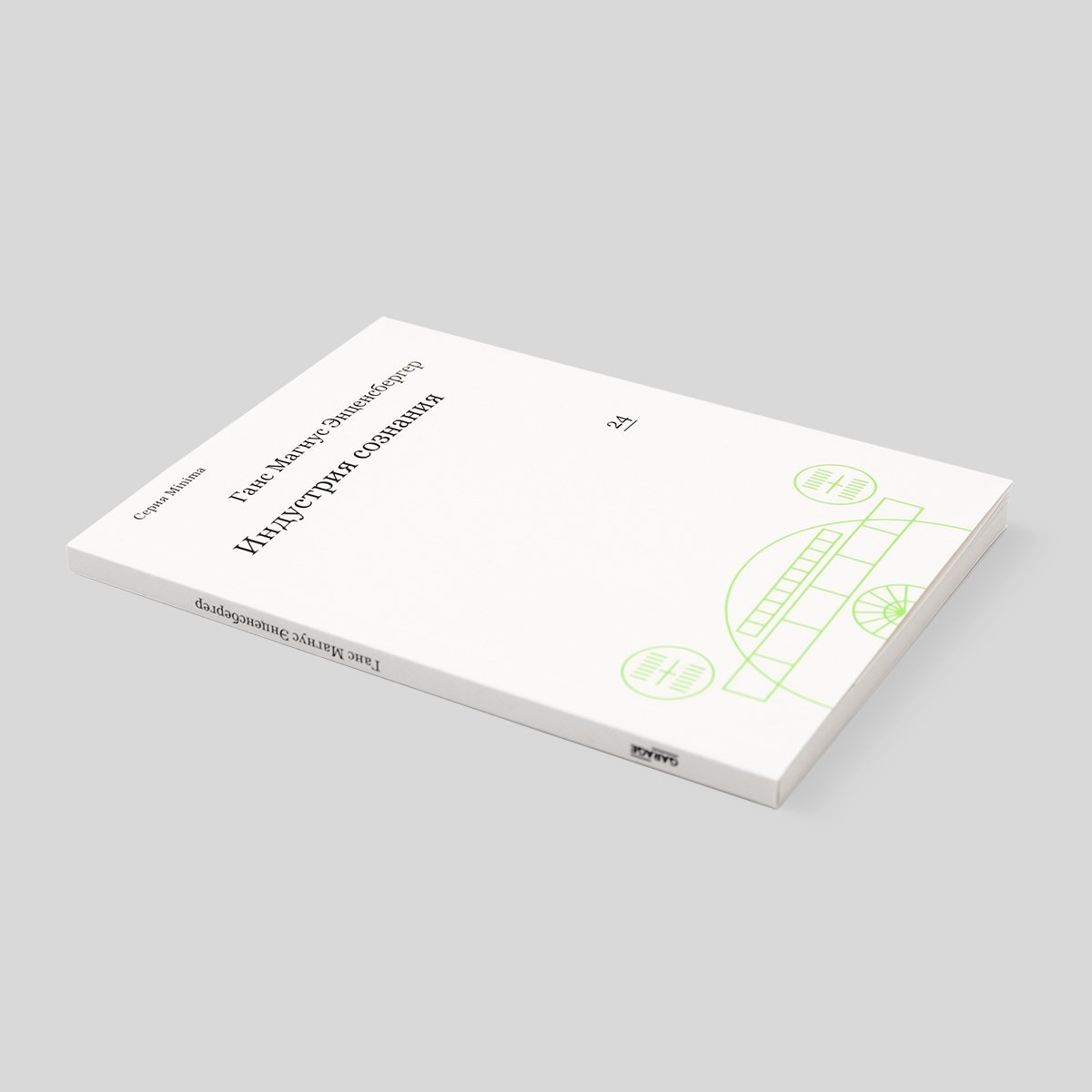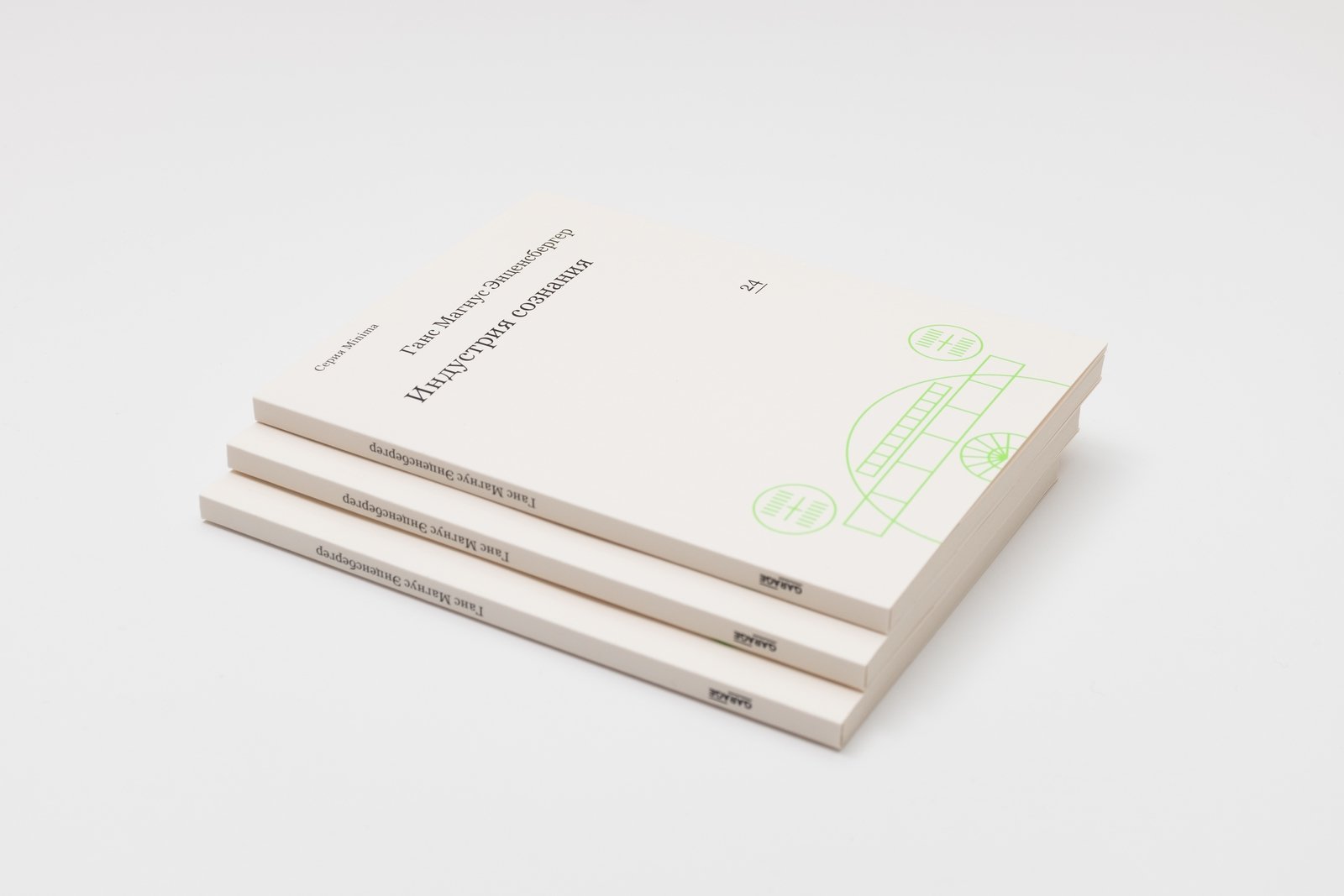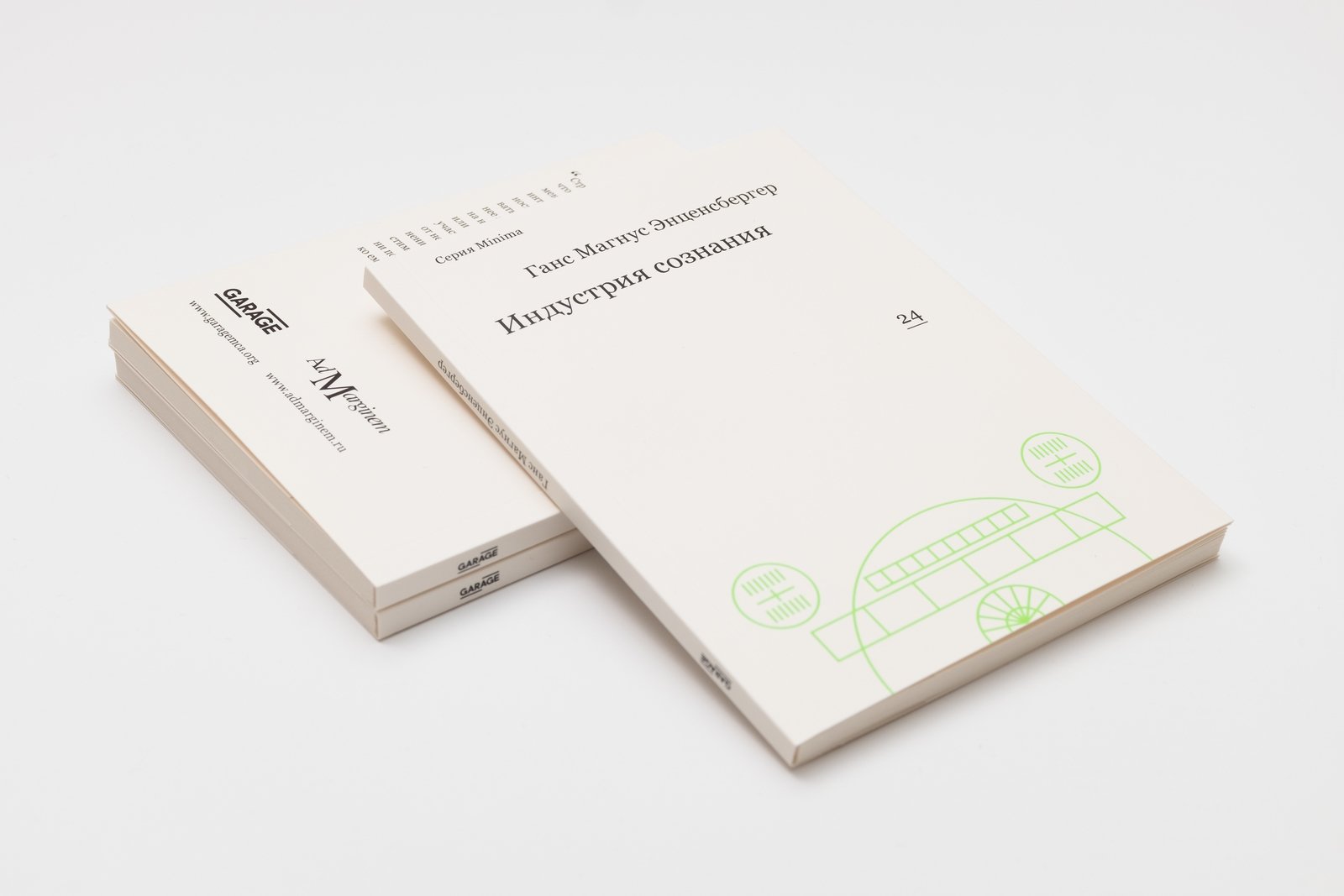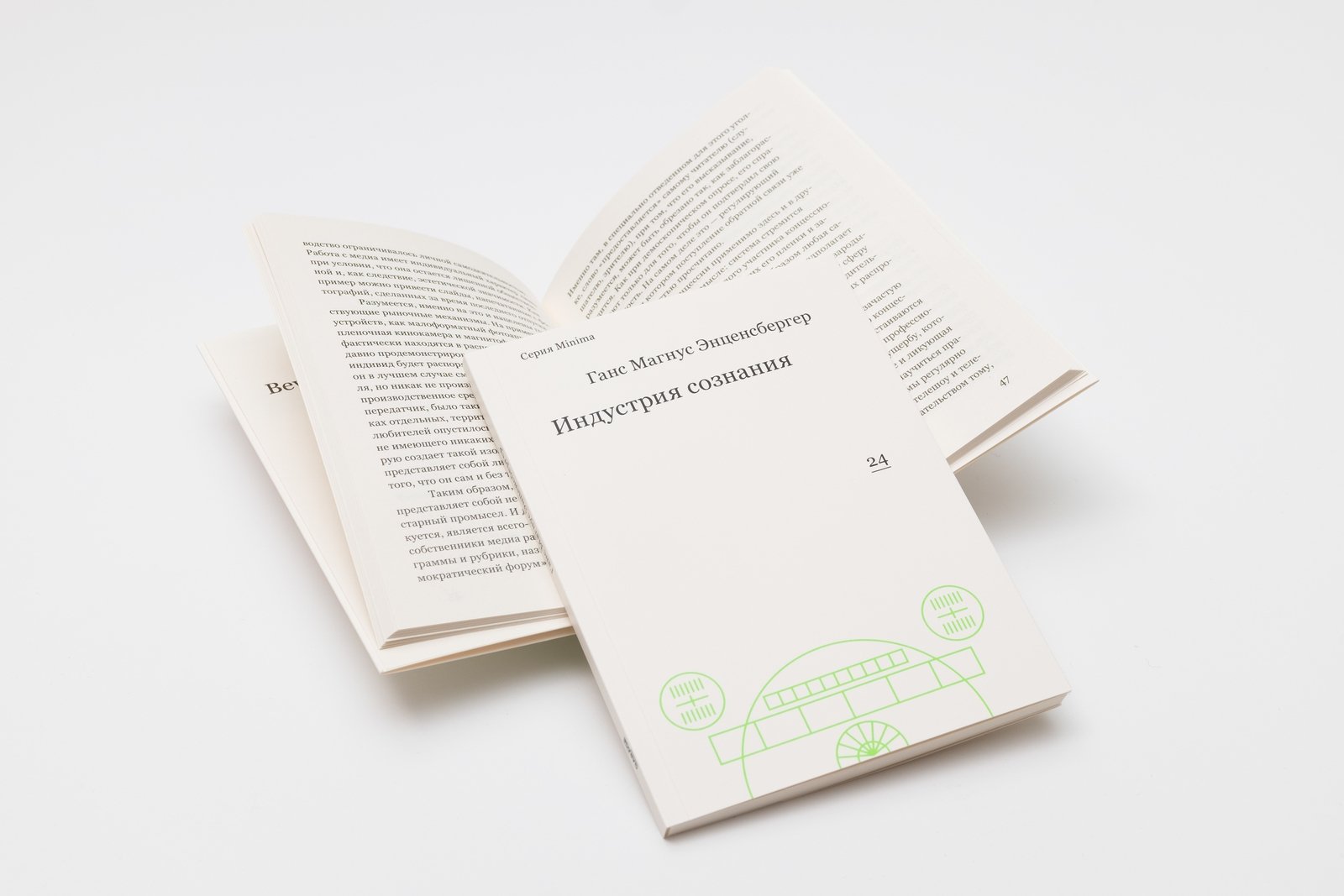Two essays by the German thinker explore the ways in which culture, politics and society interact through the media.
In the first essay, Enzensberger introduces the concept of the consciousness industry, “a product of the last hundred years” (the essay was first published in 1962). Dismissing the popular belief in the sovereignty of the individual mind as “armchair philosophy,” Enzensberger argues that the illusory idea that “men can make up their own minds” emerges in capitalist societies where people have accumulated material capital and start producing non-material values. Those who believe they are free to form their own opinions are unaware of the fact that this belief is induced by the regime in order to facilitate their exploitation. Critical analyses of the system from within are also invariably problematic, Enzensberger adds, as intellectuals—the agents of this critique—are hostages to the system of which they are an integral part.
The second essay in this book is Enzensberger’s best known theoretical work, Constituents of a Theory of the Media, in which he discusses electronic media as a new communication model built on equality, interactivity, and collaboration. Written in 1970, this essay resonates with Walter Benjamin’s seminal text The Work of Art in the Age of Mechanical Reproduction (1936) and anticipates the invention of the Internet and social networks that developed decades after the book’s publication. ““The new media are egalitarian in structure,” Enzensberger writes. “Anyone can take part in them by a simple switching process. The programs themselves are not material things and can be reproduced at will. In this sense the electronic media are entirely different from the older media like the book or easel painting, the exclusive class character of which is obvious.” New media, he believes, create the conditions for a true independence of individuals from the institutes of power and make the masses the writers of history.
